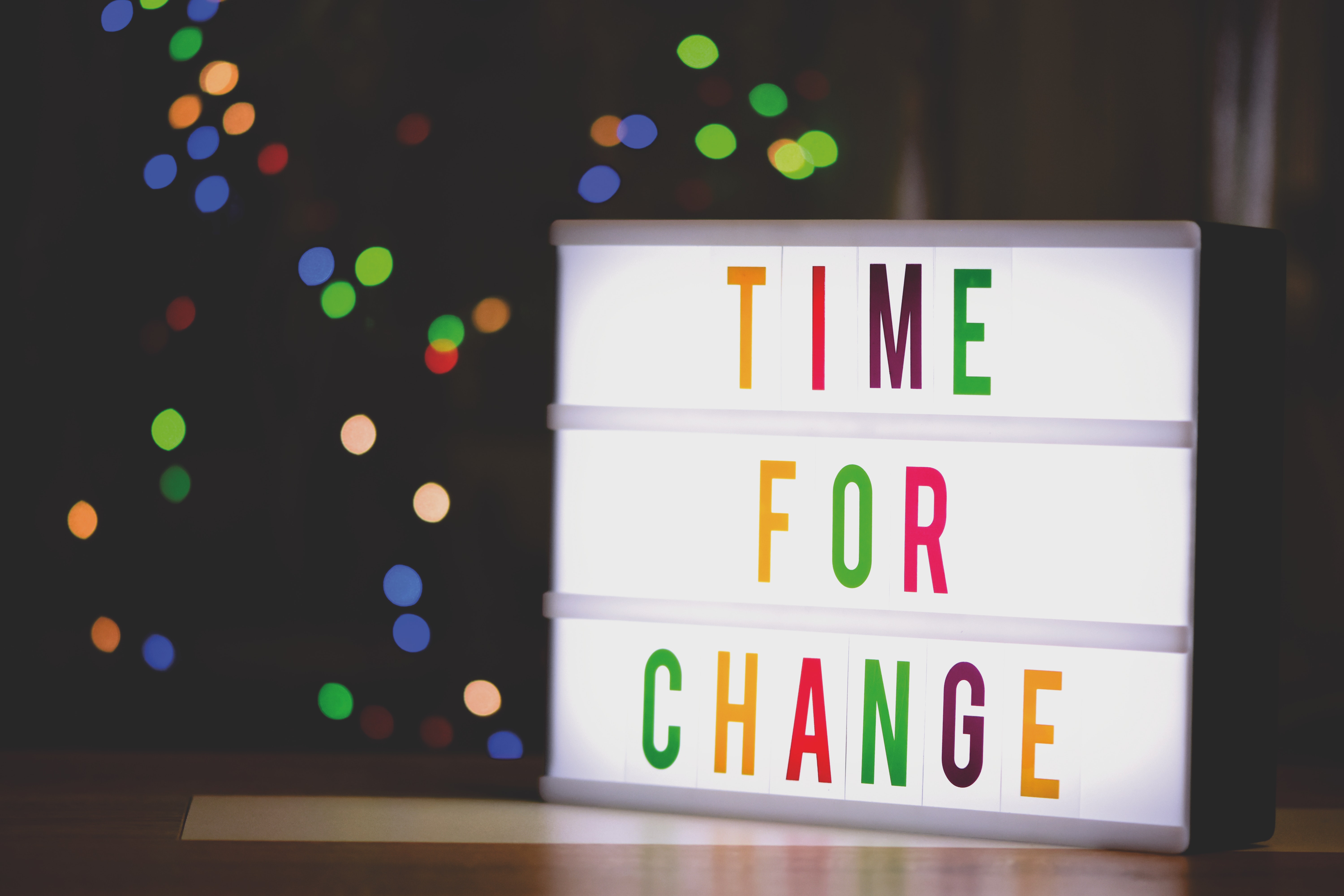How easily do you embrace change?
As human beings, change is something that we are pre-programmed to not enjoy. Our brains are kind of lazy by nature and they love it when everything stays exactly as it’s always been so they can run on autopilot, knowing that we’re safe in the life that we’ve always known.
This is how subconscious habits are formed. Our brains are constantly looking for the easiest and most energy-efficient way to operate so around 95% of our lives are run without even having to think about it.
When was the last time that you had to consciously think about how to walk or how to brush your teeth? And when you drive, are you having to remember everything you have to do like you did in your very first lesson?
No, of course not!
We do these things without paying much attention at all to exactly how they’re done. We just do them because we’ve done them so many times before they’re no longer directed through the conscious thought areas of our brain and routed directly to the basal ganglia where they have been physically wired into our brains.
Is it any wonder then that when faced with change the majority of us find it kind of scary?
Our brains love familiarity and hate the unknown and the majority of the change we experience in life floods the brain with unknown situations that it is forced to process instead of relying on the energy-conserving habits it knows.
Certain aspects of your new level of success will be very different to your current situation and if you are resistant to change, your subconscious protective mind will do everything it can to bring you back into the comfortable life you know – regardless of how uncomfortable that life actually is!
These are 3 ways that you can improve your ability to embrace change:
- Mentally immerse yourself in the new life or next level you are wanting to achieve. You can do this with visualization, mantras or researching everything you can about the new situation. Embody the energy of the new version of you that is already in that next level life.
- Redefine Loss. Part of the reason that people dislike change is because they hang onto what they are losing as a result of the change. Loss comes with a sense of lack, so instead of focussing on what you’re giving up, let it go easily by viewing it as making space for something new and exciting to enter.
- As change often brings up the sense of fear or anxiety, re-label the physiologic response you experience as excitement. Fear and excitement have exactly the same response in your body, and as your brain can take instructions from your body, if you tell it with your thinking mind that you’re really excited, it will believe you and your stress levels will fall.
The more comfortable we can become with change the easier we will find it to break through to our new level.


